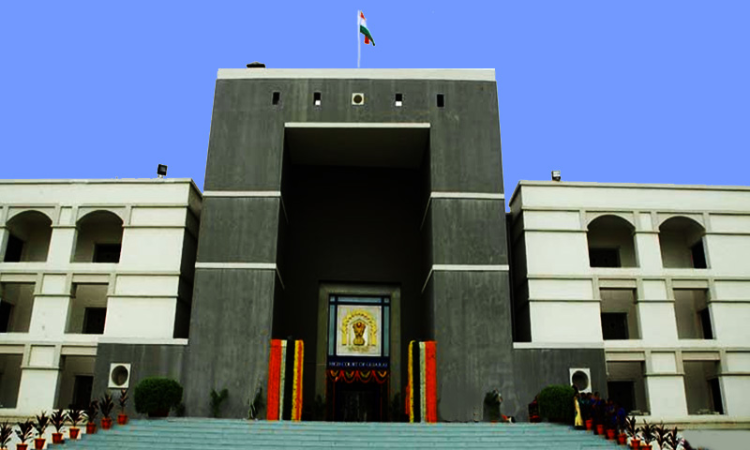Accused Must Have Knowledge Of Victim's Caste To Be Prosecuted For Offences Under SC/ST Act: Gujarat High Court
PRIYANKA PREET
17 Feb 2022 4:18 PM IST

Next Story
17 Feb 2022 4:18 PM IST
The Gujarat High Court has held that to prosecute a person under the Scheduled Castes and Scheduled Tribes (Prevention of Atrocities) Act, 1989, it must be established that the accused had knowledge of the victim's caste."If we refer Section 3(5) (A) of the Act, it must be within knowledge of the accused person that such person is a member of Schedule Caste or Schedule Tribe or such...
